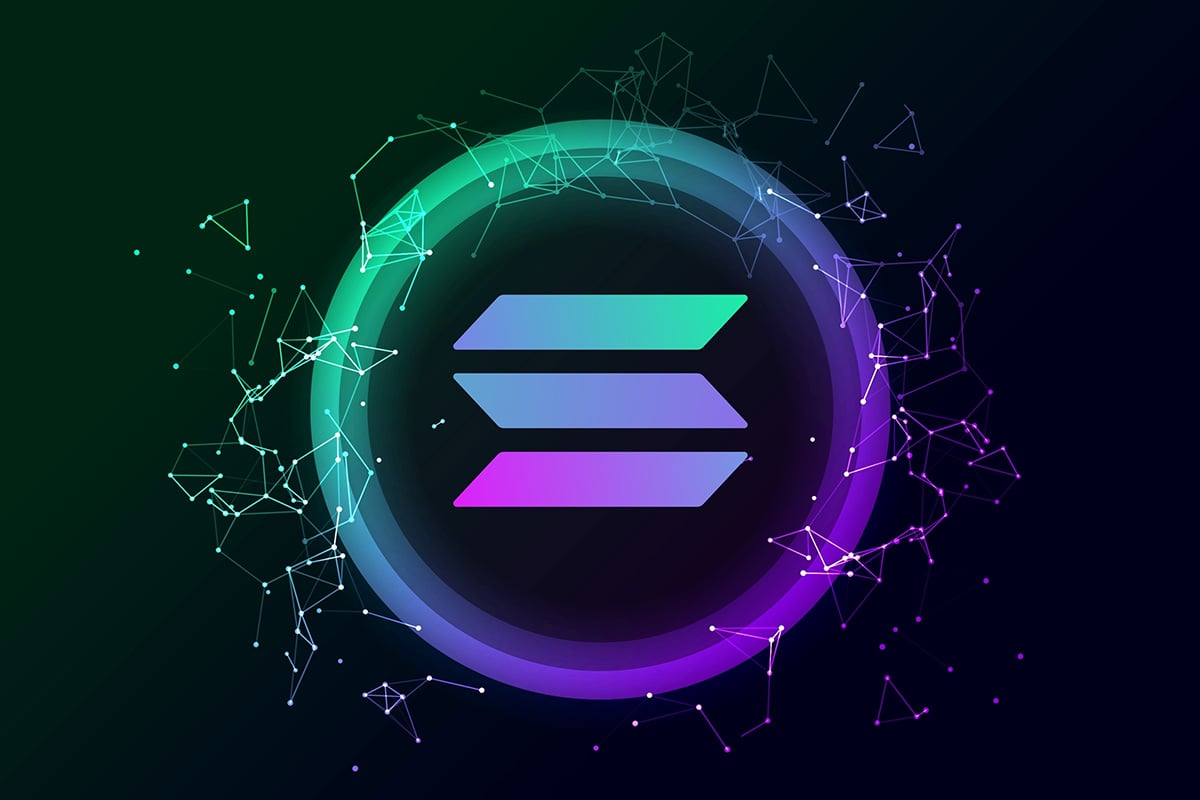TLDR
- The SEC has delayed its decision on the Grayscale Solana ETF until October.
- The delay is part of the standard 240-day window for ETF proposal reviews.
- The SEC continues its in-depth assessment of the ETF’s compliance and market impact.
- Grayscale filed the Solana ETF through the New York Stock Exchange earlier this year.
- Solana’s fast and low-cost blockchain network has increased its appeal in financial markets.
The SEC has extended its review of Grayscale’s proposed Solana ETF, delaying a final decision until October. The extension follows the standard 240-day evaluation window allowed for 19b-4 filings. The Solana ETF remains under review as the agency continues assessing its regulatory compliance and market impact.
SEC Maintains Hold on Solana ETF Proposal
Grayscale filed the Solana ETF through the NYSE, triggering the formal review process under existing securities laws. The SEC acknowledged the filing but has yet to approve or reject the proposal, citing ongoing assessment. This delay aligns with past agency actions involving crypto-based financial products.
The Solana ETF proposal arrives during heightened regulatory attention to digital assets and their market behavior. Although the ETF could broaden exposure to Solana, the SEC has emphasized caution in approving similar products. Market participants await clarity on how the ETF would function under current compliance standards.
The SEC’s review includes evaluating liquidity, custody mechanisms, pricing models, and how the SOL ETF interacts with broader market systems. The agency has also looked into the operational structure of similar offerings, making comprehensive reviews routine. A final determination on the Solana ETF will shape the pathway for other crypto ETFs.
Solana’s Market Role and Strategic Investment Activity
Solana’s blockchain is known for its scalability and fast processing, supporting thousands of transactions per second with low fees. These capabilities have contributed to Solana’s growing role in decentralized applications and real-world utility. The Solana ETF would offer a new gateway for exposure to this network under a regulated structure.
Grayscale’s proposal reflects Solana’s rising relevance among digital assets, especially amid increased activity in decentralized finance. Various market players continue integrating Solana into long-term strategies, reinforcing its presence in retail and institutional segments. The SOL ETF could formalize and expand that role under SEC oversight.
In parallel, firms like Defi Development Corporation have committed significant capital to Solana, signaling high confidence in its future performance. These firms prioritize direct asset holdings over ETF structures due to operational flexibility and potential yield benefits. Yet the Solana ETF could attract participants preferring regulated financial instruments.
SEC Review Continues Amid Crypto Policy Changes
Spot Solana ETF proposals emerged during regulatory shifts late in the Biden administration under SEC Chair Gary Gensler. The Trump administration’s acknowledgment of an SOL ETF adds new political dimensions, especially as policy stances evolve. A final SEC ruling will test the balance between innovation and regulation in digital finance.
Trump’s public support for blockchain development has raised expectations of a more favorable crypto policy environment. The classification of Solana as a security under previous regulatory guidance complicates the approval process. Still, current filings represent a significant shift in how digital assets seek mainstream financial adoption.
Meanwhile, other firms continue to adopt Bitcoin-style treasury strategies focused on Solana, bypassing ETFs altogether. These strategies highlight an evolving competitive landscape that may reduce the SOL ETF’s future market share. As the SEC proceeds with review, alternative vehicles may continue gaining ground in the digital asset space.






